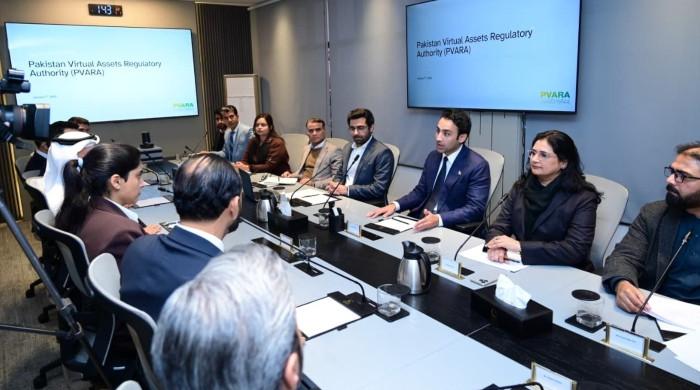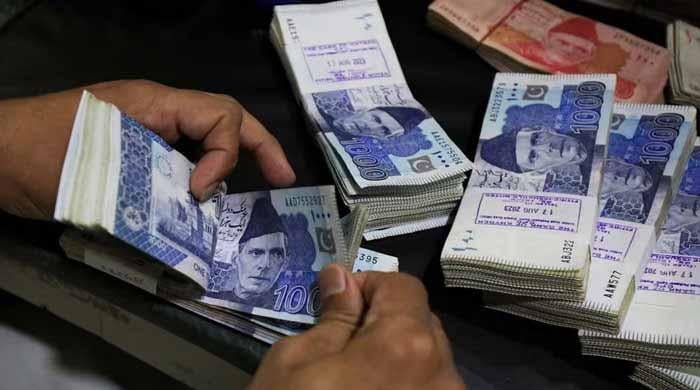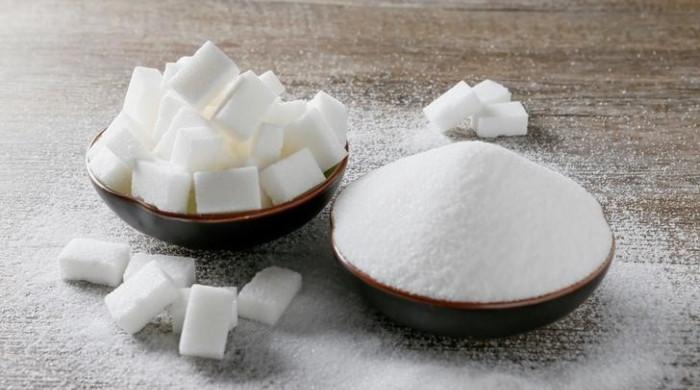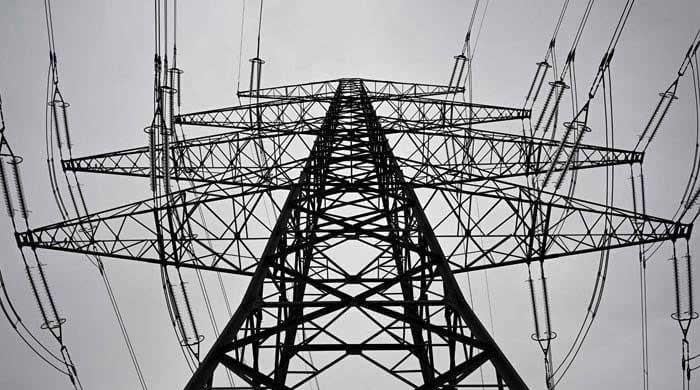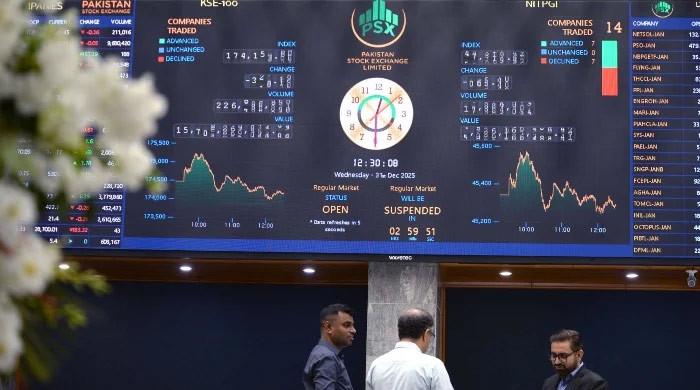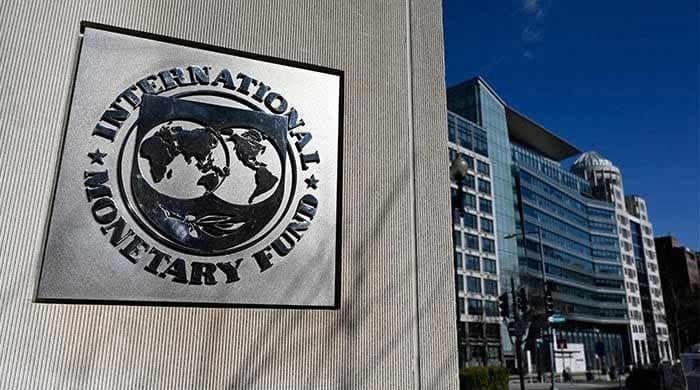Gas crisis likely to aggravate amid delay in ECC’s gas pricing reforms
Delay comes as gas sector's circular debt increases to Rs2.9 trillion
October 22, 2023
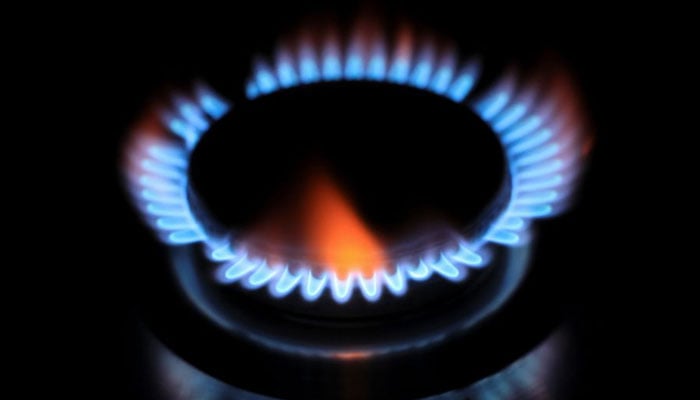
- Delay comes as gas sector's circular debt rises to Rs2.9tr.
- Govt began gas sector reforms to unify tariffs.
- In 5 years, feed gas tariffs surged by over 235%.
ISLAMABAD: The delay in the implementation of gas pricing reforms, intended to standardise gas tariffs for all fertiliser manufacturers likely to aggravate the gas crisis and pose a threat to the sector's long-term sustainability, The News reported, quoting official sources.
This delay in the Economic Coordination Committee (ECC) meeting comes as the circular debt of the gas sector has increased to Rs2.9 trillion.
Both subsidised and regular plants sell their products at the same price, which is why certain industry players have been placed at a disadvantage with the application of varying tariffs on them and the ongoing practice of supplying gas to the fertiliser sector.
Interestingly, the government had initiated the process of gas sector reforms to unify the tariff to win over the ballooning gas sector circular debt, a senior official of the Energy Ministry said.
The Energy Ministry has been actively working to introduce gas pricing reforms over the past few weeks. The reforms aimed to unify feed gas prices for the fertiliser industry, aligning them with the industrial rate of Rs1,260/MMBTU.
The fertiliser industry is a key consumer of both fuel and feedstock source gas. This move would have stabilised urea prices, optimised gas reserves and ensured a surplus in the Gas Development Surcharge (GDS) — crucial for gas infrastructure development and addressing gas shortages.
However, the ECC’s recent decision to form an inter-ministerial committee, comprising representatives from various ministries (including finance, planning, commerce, food security, industries, power, and petroleum), to recommend gas allocation and pricing for the fertiliser industry has caused a delay. The next ECC meeting is scheduled after the return of Finance Minister Dr Shamshad Akhtar from China.
The gas circular debt has reached Rs2.9 trillion, as disclosed by caretaker Federal Energy Minister Muhammad Ali in a recent media briefing.
An analyst of the sector highlighted disparities in input costs for various producers, causing distortions in urea market prices for farmers. Some manufacturers are disadvantaged as they are supplied gas under the Petroleum Policy 2012 pricing, which is linked to USD and is affected by rupee devaluation and crude oil rate fluctuations.
To maintain business viability, these manufacturers must adjust urea prices. Gas price unification is seen as the only permanent solution to stabilise fertiliser prices, curbing excessive profiteering and black-market activities.
Over the past five years, feed gas tariffs under the Petroleum Policy 2012 have surged by over 235%, from Rs518/MMBTU to Rs1,745/MMBTU. The fuel gas tariff under the Petroleum Policy now surpasses the Fertiliser Policy tariff.
An industrial expert proposed that the fertiliser sector should contribute positively to the GDS by unifying gas prices across all manufacturers. Unifying gas rates at Rs1,260/MMBTU for feed gas could generate a GDS pool of approximately Rs90 billion for gas-producing provinces, serving as a targeted subsidy for small farmers.
He suggested that gas prices for the fertiliser sector should be subject to a bi-annual review to address changes in revenue requirements due to shifts in crude oil prices and exchange rates.




